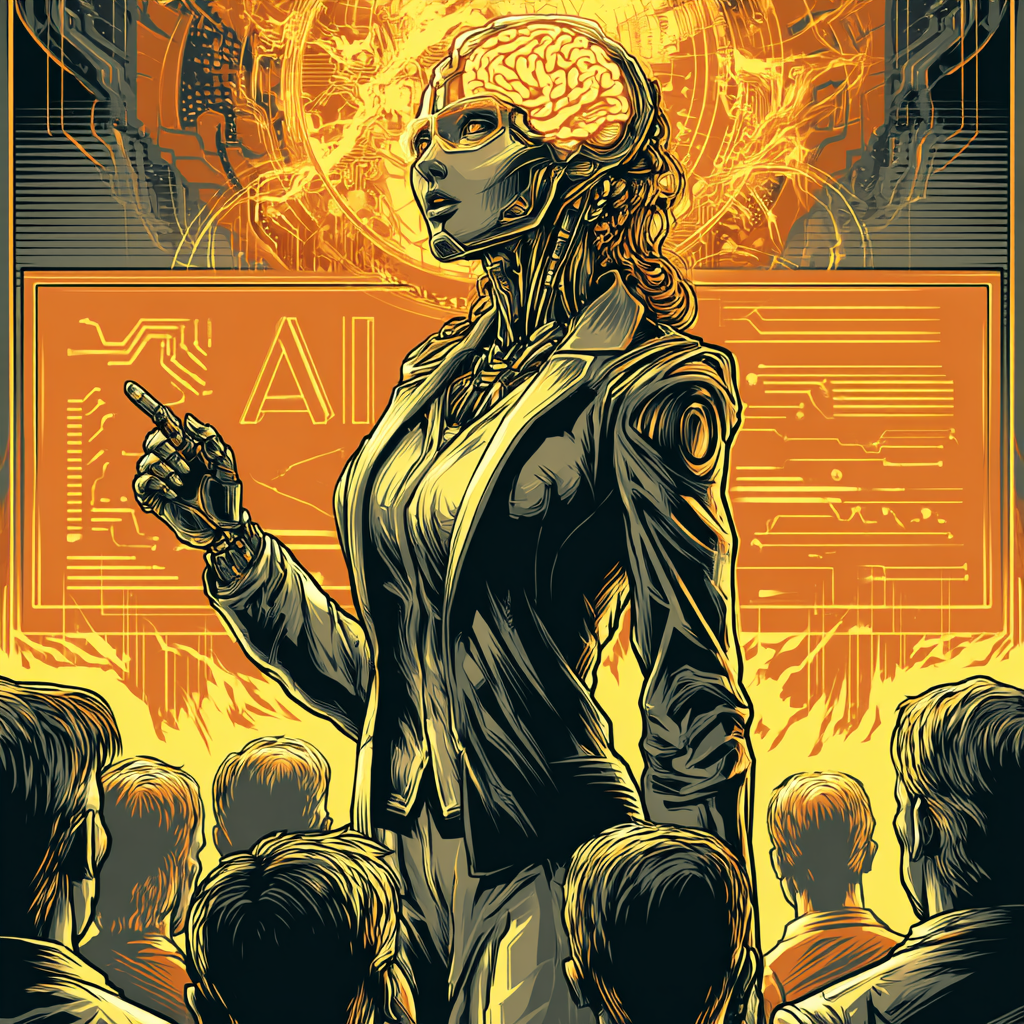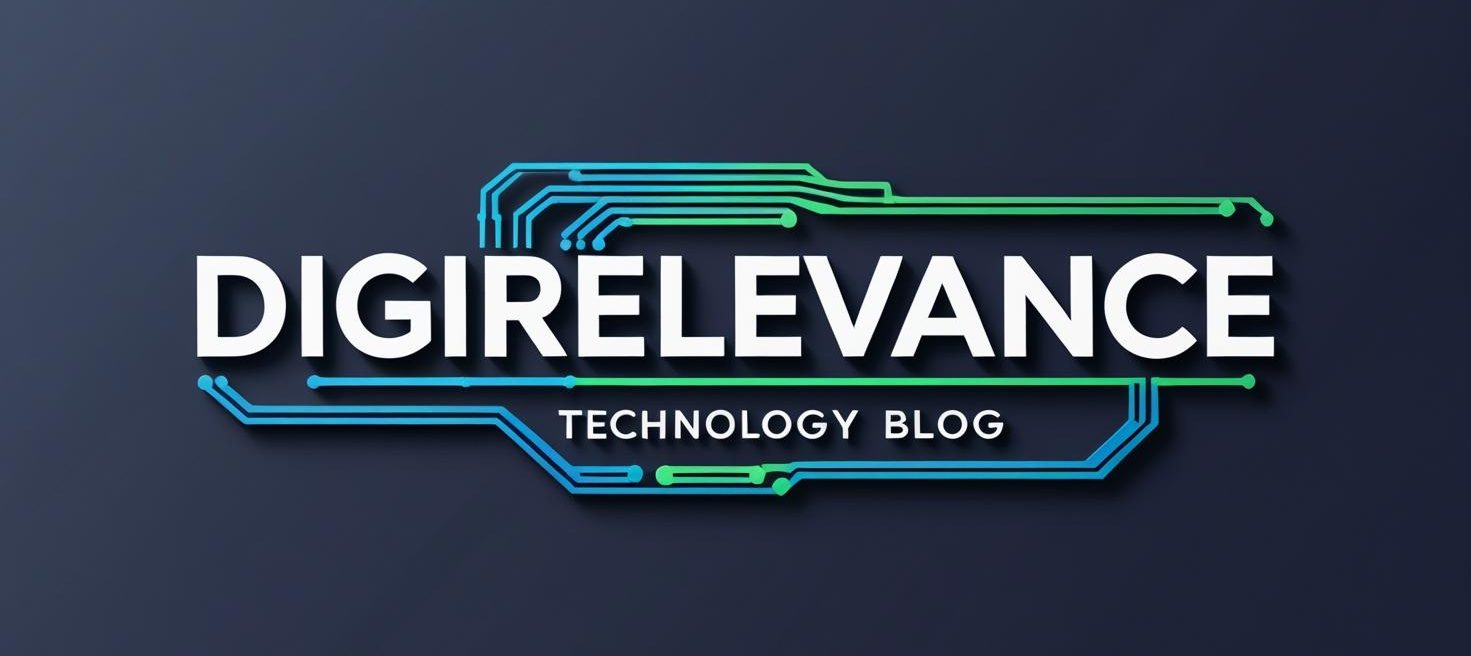What if your AI assistant could actually ‘teach’ you?
That’s exactly the leap OpenAI is making with its latest ChatGPT upgrade, called Study Mode. Launched in July 2025, this feature transforms ChatGPT from a versatile conversational tool into a highly personalised tutor—an evolution that could reshape learning and productivity across industries.
Study Mode offers structured guidance, interactive quizzes, and real-time feedback tailored to individual or organisational needs.
Instead of generic responses, users receive adaptive lessons aligned with their goals, be it mastering a new skill, preparing for certification, or improving workplace capabilities. This deliberate pivot marks OpenAI’s strategic move from open-ended chatbots toward
specialised AI applications designed to solve tangible learning and development challenges.
This shift mirrors a broader trend in AI investment and innovation.
The global market for AI-powered educational technology is projected to surpass $20 billion by 2028—opening a lucrative frontier for tools that blend usability with measurable outcomes. For companies facing mounting pressure to upskill employees without ballooning costs, Study Mode’s integration into a familiar tool like ChatGPT offers an elegant answer: personalised, scalable training without the overhead of human tutors.
Meanwhile, the AI ecosystem is rapidly maturing. The $350 million Series D funding round secured by SynthMind, a startup focused on AI-driven design and content generation for creatives, underscores how investors are doubling down on vertical-specific AI solutions that boost productivity in targeted professional domains. This injection of capital fuels faster product development and market expansion, signalling a transition from experimental technologies to indispensable business infrastructure.
Established players are not standing still either. Microsoft’s embedding of advanced OpenAI models into its Microsoft 365 suite now functions as a seamless workplace assistant—streamlining emails, presentations, and document workflows. Early internal reports highlight up to 30% time savings on routine office tasks, a powerful testament to how AI is moving beyond hype into everyday enterprise value.
Taken together, these developments illustrate AI’s growing role as a catalyst for human potential. Study Mode’s tailored learning assistance, coupled with industry-specific innovations and workplace integration, points toward a hybrid professional future: one where AI amplifies creativity and decision-making without replacing human insight.
But as the AI toolkit becomes more embedded in professional development and daily work, we face new questions around accountability and ethics. How do organisations balance automation’s efficiency gains with the essential human touch in learning and
judgment? And how can we ensure emerging AI tools support equitable access rather than exacerbating skill divides?
As AI continues its rapid advance in 2025 and beyond, staying informed is no longer optional for businesses or professionals who want to remain competitive. The leaders who will thrive are those who don’t just adopt AI but integrate it thoughtfully—leveraging its strengths while addressing its challenges.


